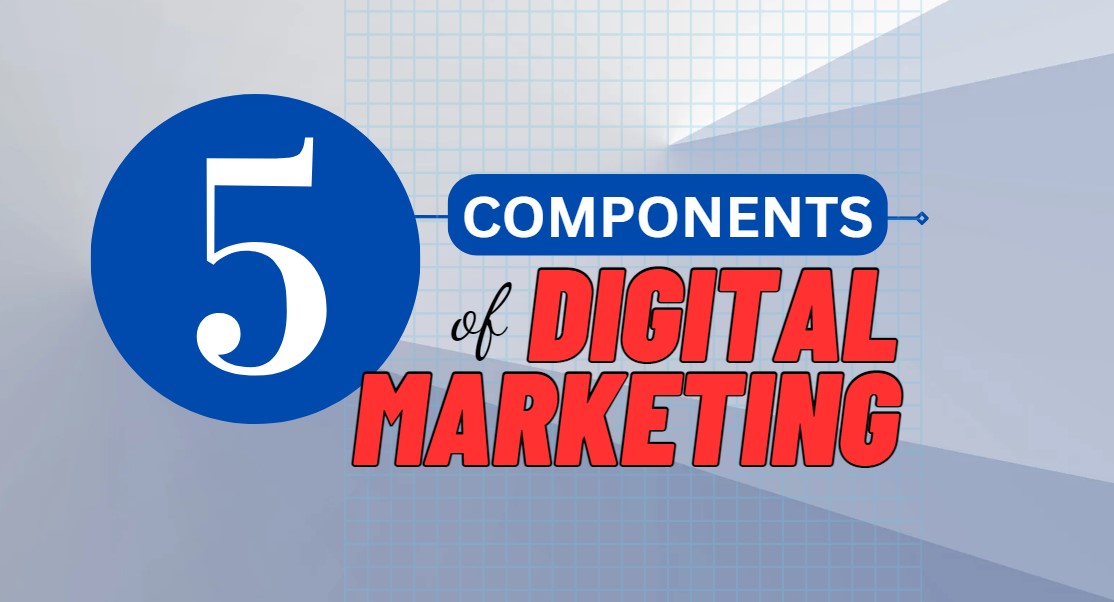Digital marketing operations involve the use of technology, data, and processes to deliver targeted and effective marketing campaigns. Successful digital marketing operations can improve marketing effectiveness by 15%-25%.
Digital Marketing Components
Analysts at McKinsey and Company say mastering these five components are key to marketing success.
Customer insights
Customer insights are critical to creating effective digital marketing strategies. Businesses need to understand their customers’ behaviors, preferences, and pain points to deliver personalized and targeted messaging. Customer insights can be gathered through various channels, such as social media, email campaigns, and customer feedback surveys.
For example, a cosmetics brand might notice that customers are discussing the benefits of natural ingredients in skincare products. Based on this insight, the brand could develop a new line of natural skincare products to cater to this demand.
Customer experience
Providing a great customer experience is crucial to retaining customers and building brand loyalty. A seamless and positive experience across all touchpoints can make all the difference in the world. This involves creating engaging content, personalizing messaging, and ensuring a user-friendly website and mobile app.
A great example of providing a seamless customer experience is Amazon’s one-click ordering system. By allowing customers to make purchases with just one click, Amazon has made the checkout process quick and easy, reducing the likelihood of cart abandonment. Another example is Starbucks’ mobile app, which allows customers to order and pay for their drinks ahead of time, reducing wait times in-store.
KPIs and measurement
Key Performance Indicators (KPIs) are critical to measure the success of digital marketing campaigns. KPIs can include website traffic, conversion rates, and engagement metrics. By measuring KPIs, businesses can track their progress and optimize their campaigns for better results.
An example of a KPI for an e-commerce business might be conversion rate, which measures the percentage of website visitors who make a purchase. By tracking this metric, businesses can identify areas for improvement, such as optimizing product pages or streamlining the checkout process.
Marketing technology automation and digital workflow
Marketing technology automation involves using software to automate marketing tasks, such as email campaigns and social media scheduling. This allows businesses to streamline their marketing efforts and improve efficiency. A digital workflow involves the use of tools and processes to manage tasks and ensure that everyone is on the same page.
For example, email marketing software can automate the process of sending personalized emails to customers based on their behavior and interests. Digital workflow tools, such as Trello or Asana, can help teams collaborate and manage tasks more effectively.
Process and governance
Process and governance are critical to ensuring that digital marketing campaigns are executed effectively and in line with business goals. This involves defining roles and responsibilities, establishing workflows, and ensuring compliance with legal and regulatory requirements.
One example of a process that businesses can put in place is a content approval process. This ensures that all content, such as blog posts or social media updates, is reviewed and approved by relevant stakeholders before it is published. This can help prevent errors or messages that are not aligned with the brand’s messaging or values.
Improve marketing Effectiveness
By focusing on these five components, businesses can improve their marketing effectiveness and stay ahead of the competition.

